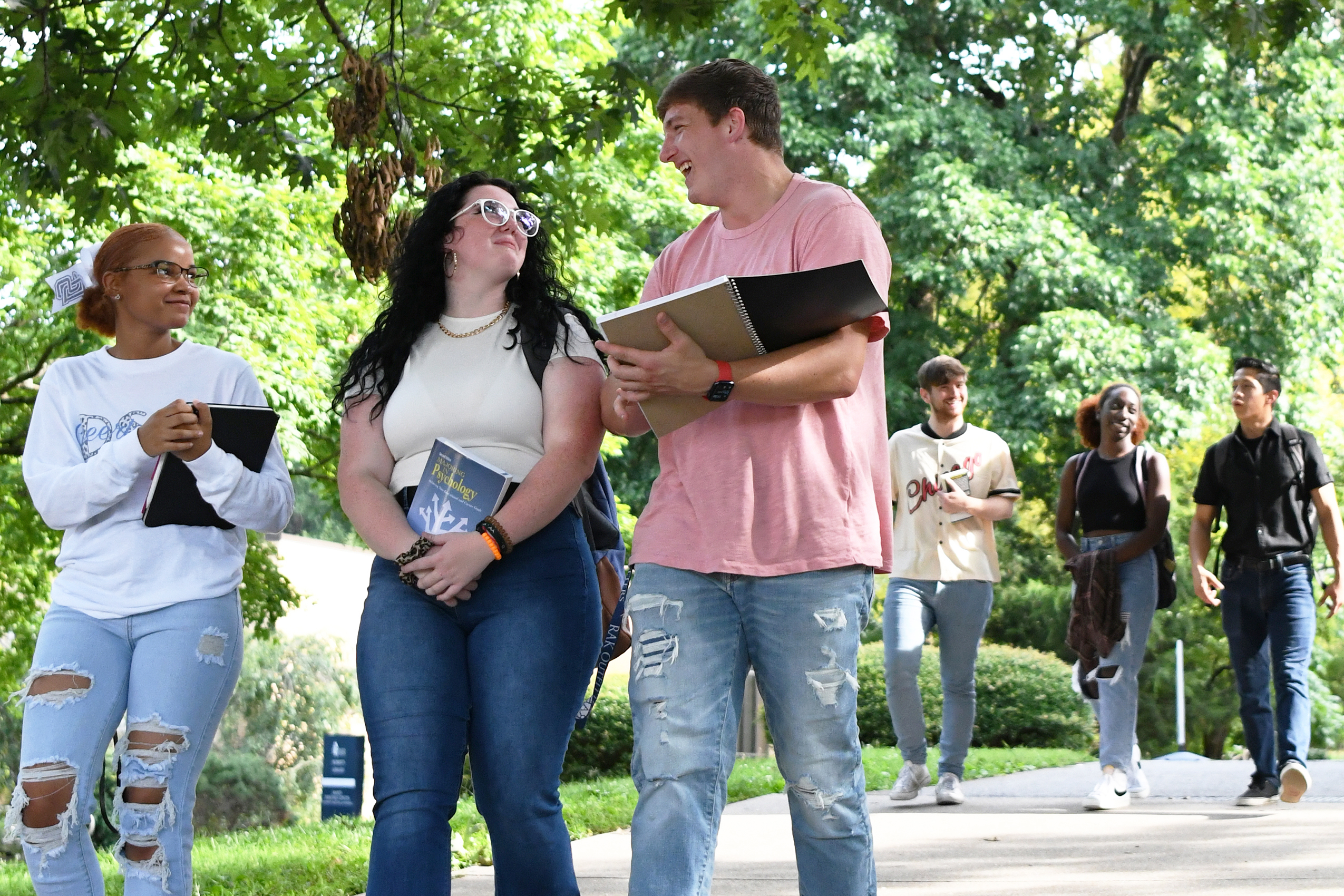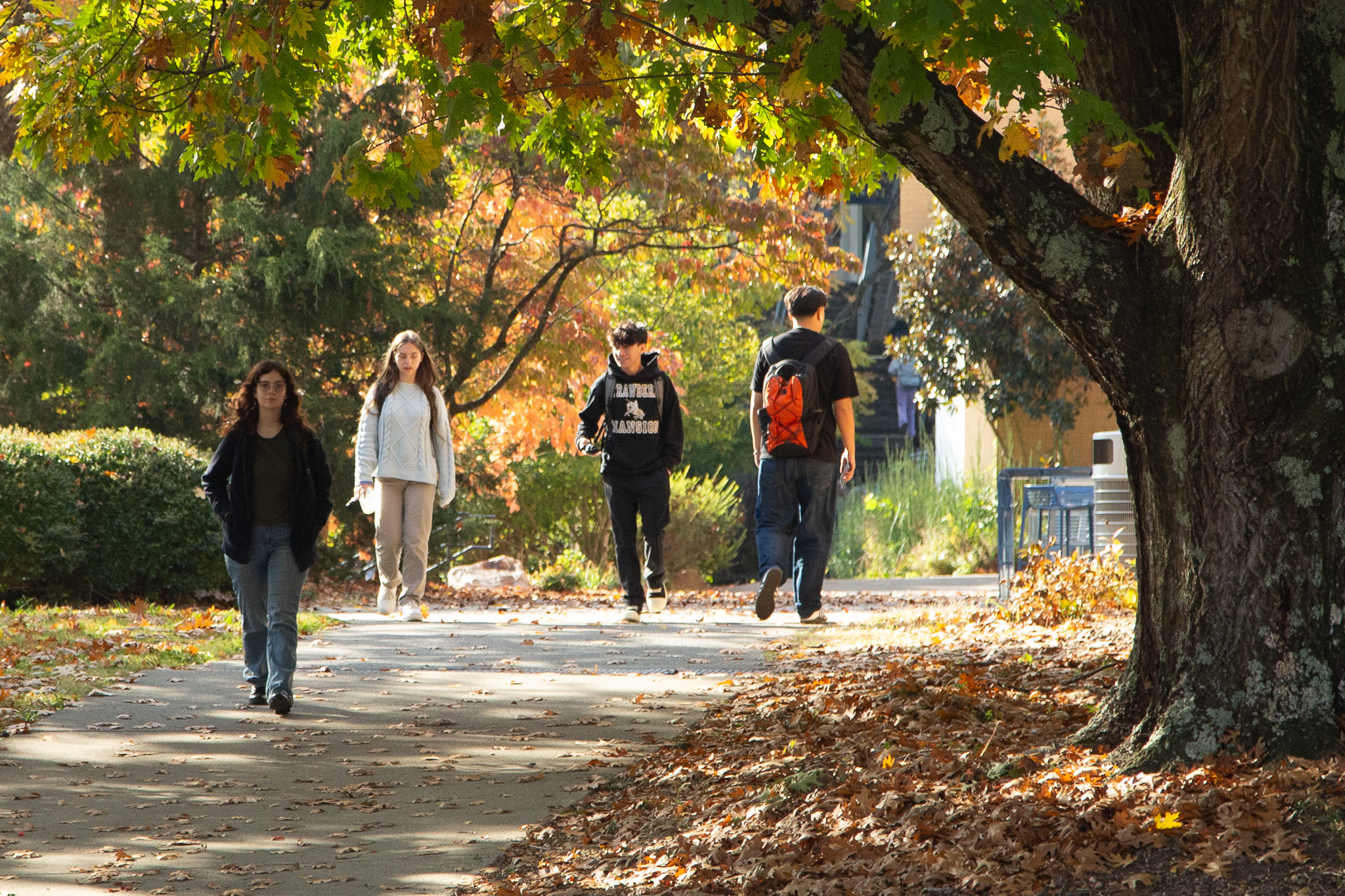Dalton State ranked No. 11 in the 2024 Top Public Schools in the South category, jumping five spots from last year’s ranking. The college’s ranking in the Best Regional Colleges in the South among 132 colleges also improved substantially from 60 (tie) in 2023 to 41 (tie) in 2024.
“Dalton State’s improvement in the U.S. News rankings reflects our unflinching institutional focus on student success and the individual commitment of our faculty and staff to supporting our students,” said Dr. John Fuchko, III, Dalton State president. “I could not be prouder to see Dalton State recognized for our efforts and am grateful for both the public support and extensive private support we receive to enable these efforts.”
The rankings factor in data such as how much debt students acquire obtaining their degree, financial resources available to students, graduation and retention rates, class size and more. It also uses peer assessment surveys to measure academic reputation.
More than 75% of Dalton State students graduated without student loans during the 2021/2022 academic year. Students have access to a variety of financial resources to assist with the cost of tuition and fees, including HOPE, Zell Miller and Pell grants and scholarships – 79% of students received financial aid during fall 2022.
“Dalton State offers a wonderful education at an affordable cost,” said Clayton Waters, senior at Dalton State. “On top of the lowered tuition and financial aid, there are also an abundance of scholarship opportunities available to Dalton State students.”
In-state tuition and fees for a Dalton State student taking 15 credit hours is $1,962 a semester. By investing approximately $16,000 in tuition and fees for a bachelor’s degree, graduates from the class of 2022 will earn over $1 million more during their lifetimes than they would have without a college degree, according to a study conducted on behalf of the University System of Georgia earlier this year.
Dalton State’s student-to-faculty ratio is 23:1 – the average class size a student can expect is 20. Lower class sizes foster an environment that allows students more opportunities to connect with faculty and receive in-class support and assistance.
“I love the smaller classes that I have had. I know my professors very personally and have gotten very thorough help throughout my college experience,” said Waters. “Professors are easily accessible and often very open to help students. I have never been treated as ‘just another student’ in any of my classes. It’s very apparent that our faculty enjoy teaching and helping students.”
The U.S. News and World Report Rankings come shortly after Dalton State ranked number one in the nation for Student Experience by the Wall Street Journal/College Pulse.





